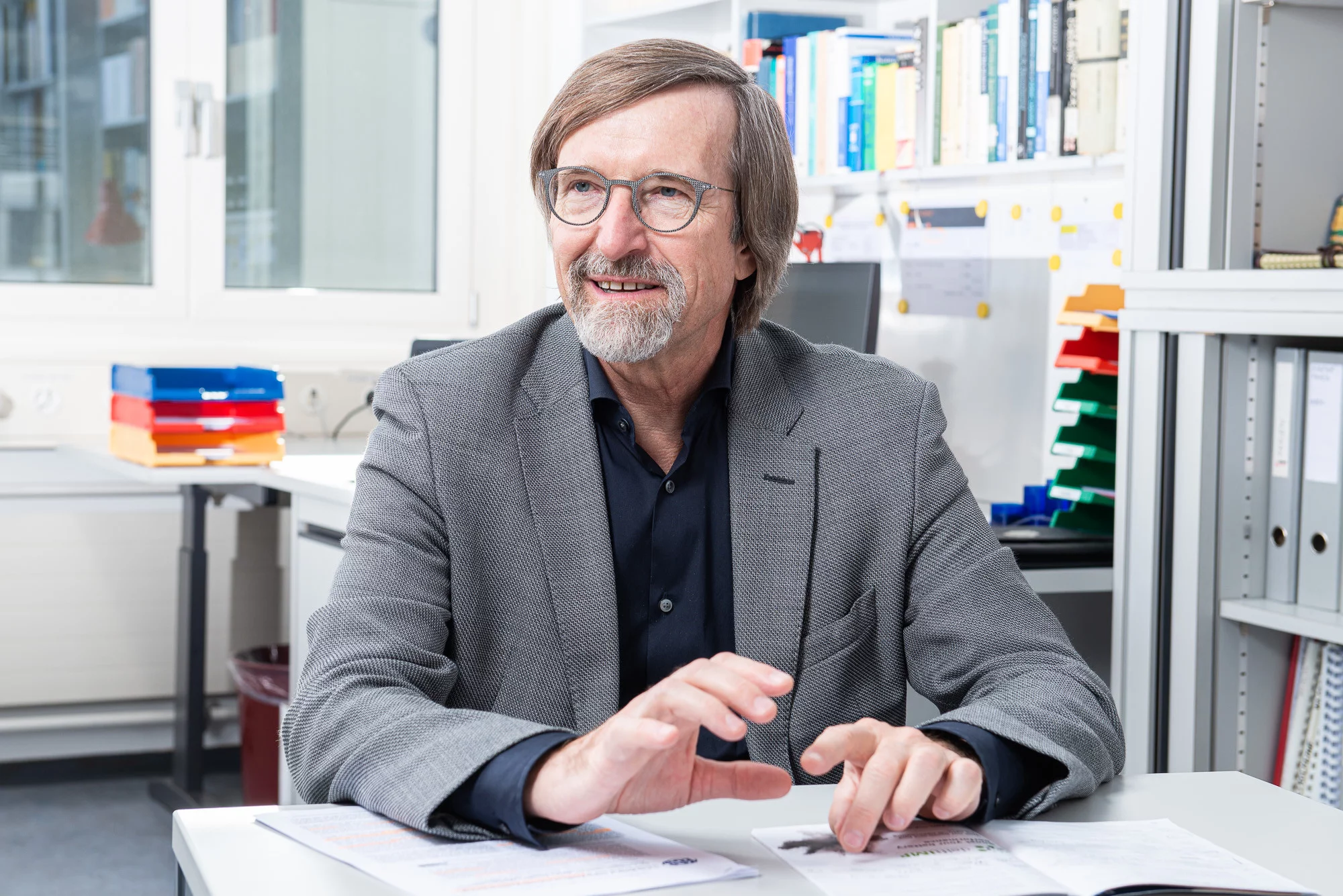A world without batteries? Unimaginable! They transform our electronic devices into wireless and portable objects. Meanwhile, we take them so much for granted that we only become aware of them when they no longer provide the necessary power. Sometimes, as with our cell phones or portable computers, this can be very irritating and even result in the loss of data. In other cases, as with the pacemaker, failing batteries can even become life threatening.
With the increasing number of applications and their areas of use, the technical demands on the battery are also rising in terms of reliability, service life, the number of charging cycles and storage capacity.
About 600 young and experienced scientists from all over the world met from 15 to 17 February 2021 for the Swiss Battery Days to discuss the current state of battery research and the latest developments. Due to the pandemic, this conference for specialists in electrochemistry and battery research had to be transferred into virtual space.
Research has always focused on the star among batteries, the lithium-ion technology. Since its development in 1976, the lithium-ion battery has stood for high energy density, large number of charge cycles and low self-discharge. In addition to this enormous potential, however, the battery also has to contend with safety deficiencies. Repeatedly, incidents have been reported in which this type of battery has caught fire or even exploded.
At the start of the conference, Director Prof. Dr. Christian Rüegg pointed out in his welcome speech the importance of PSI with its large research facilities and of its Laboratory of Electrochemistry in battery research. PSI has been contributing to fundamental understanding of batteries for years and providing valuable information for the practical improvements of lithium-ion technology.
To honor one of the leading minds at PSI in this field, this year's Swiss Battery Days were dedicated to Prof. Dr. Petr Novák. He is leaving PSI after thirty years and can look back on an impressive life's work. He has over 300 publications to his name, two of which have been cited over 3000 times. He holds 13 patents and has supervised 33 doctoral students during his time at PSI.
Asked about these impressive figures, Novák modestly points out that this was only partly his own doing and that the real credit goes to his numerous collaborators, without whose contributions and commitment none of this would have been possible. When he came to PSI as a young scientist in 1991, he never expected to stay this long. However, the possibilities offered by PSI with its research facilities have been the ideal environment for his research.
The surprise lecture of the conference was held by the actual inventor of the lithium-ion battery, Chemistry Nobel Prize winner Prof. Dr. Stanley Whittingham. For him it was a special honor to pay back Prof. Novak for being one of the first to congratulate him on the Nobel Prize in 2019. Whittingham's focus these days is on the sustainability of battery technology and he encourages his audience to also consider this aspect in future developments. He sees lithium-ion batteries as the ideal energy storage device that could compensate for peak power consumption and irregular power output from renewable energy sources, thereby accelerating the phase-out of fossil fuels. Whittingham concluded his talk by reminding the audience that successful research is always the product of interdisciplinary and international collaboration. Through such collaborations, batteries have spurred the global electronic revolution, and they will help establish sustainable energy on the planet. A task to which Petr Novák also wants to devote himself in the future. Even though he is leaving PSI because he has officially reached retirement age in Switzerland, this does not mean that he is leaving science. New challenges await him at the Technical University of Braunschweig in Germany – and perhaps many publications on lithium-ion technology will still follow.

